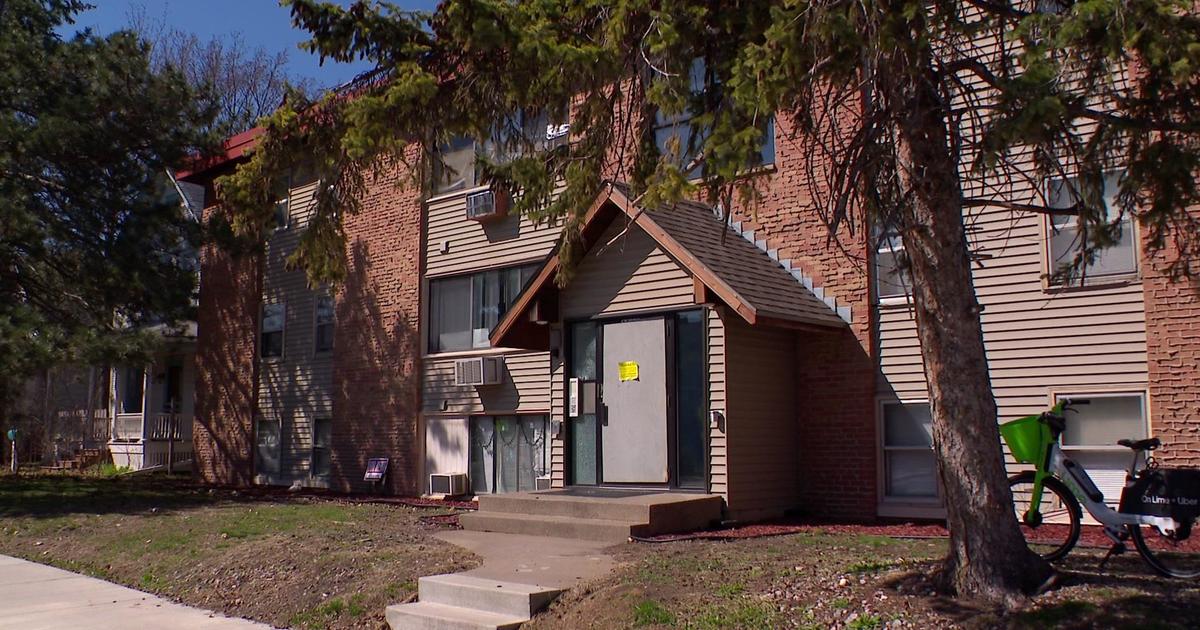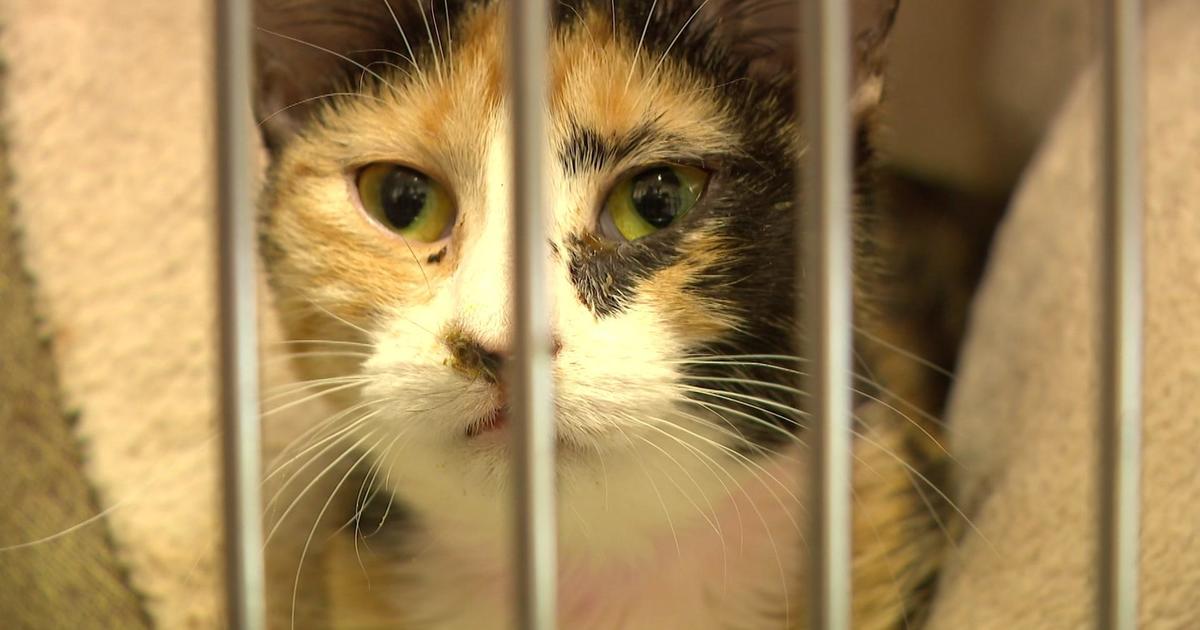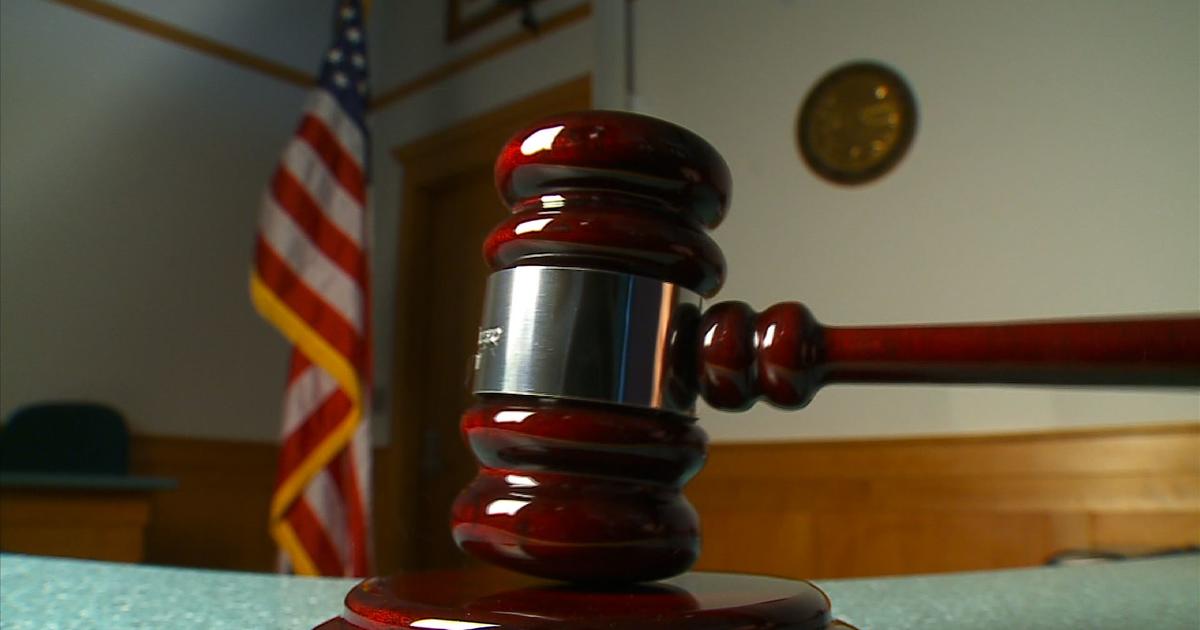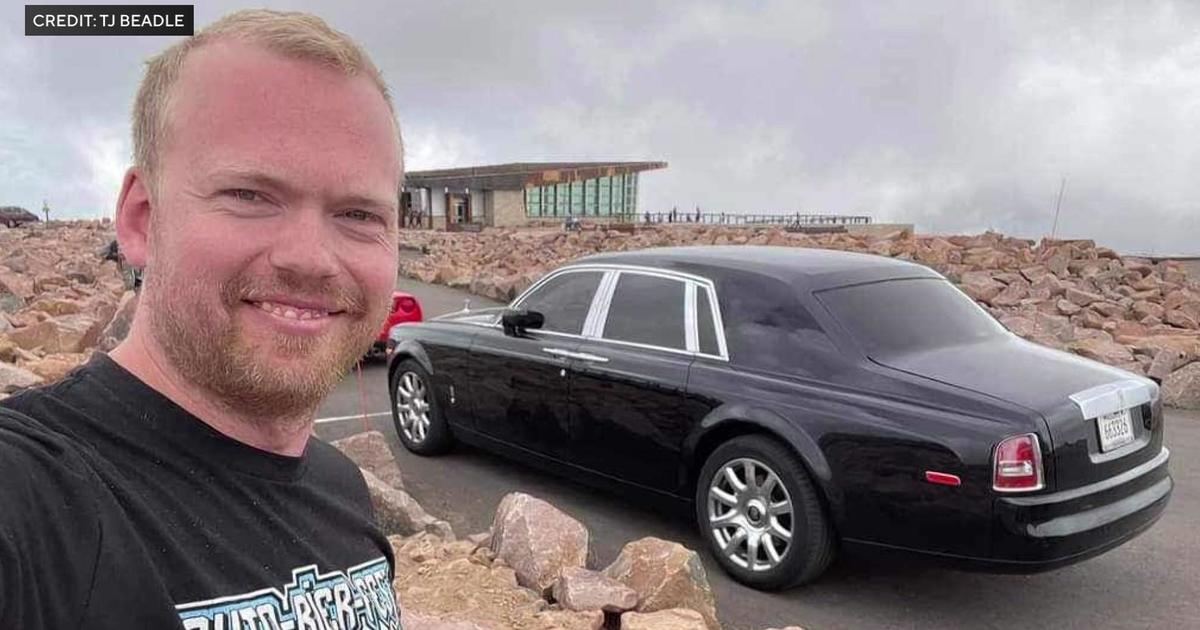ND Supreme Court To Hear Fighting Sioux Case
BISMARCK, N.D. (AP) — North Dakota's Supreme Court prepared to hear arguments Thursday on whether to stop a statewide vote that would determine if the University of North Dakota's sports teams should be forced to use the Fighting Sioux nickname and an American Indian logo.
Secretary of State Al Jaeger scheduled a June 12 vote on the law last week after nickname supporters gathered more than 16,000 signatures on referendum petitions demanding a ballot.
North Dakota's Board of Higher Education wants to block the vote, contending it would be meaningless because the law itself illegally intrudes on the board's power to manage North Dakota's 11 public colleges.
Attorneys for the nickname's backers and the Legislature believe the law is proper and that the Supreme Court should let voters decide the dispute.
"The public policy of our state constitution is to allow the citizens of this state to pass legislation and amend the constitution. The (Board of Higher Education) seeks to short-circuit this process and deny the citizens their constitutional right to vote," attorneys Patrick Durick and Zachary Pelham contend in a Supreme Court filing on the Legislature's behalf.
"The referral process should not be impeded by judicial fiat, especially when the outcome of the vote is unknown," the attorneys wrote.
The Supreme Court scheduled arguments at 3 p.m. CST Thursday on the nickname fight. The court will issue its decision later.
Douglas Bahr, an assistant attorney general who represents the Board of Higher Education, argued in court filings that the Supreme Court should act immediately. UND's athletics programs are suffering because of the long-running nickname dispute, Bahr contends.
"The board is the body responsible for determining UND's educational priorities. Those priorities include how UND's nickname and logo impacts its educational environment and reputation, as well as the financial viability of its sports program," Bahr wrote.
The NCAA contends the nickname and logo are offensive to American Indians, and the university faces sanctions for as long as they are used.
The Grand Forks school may not host NCAA post-season tournaments if the Fighting Sioux nickname and logo are kept. Its teams, cheerleaders and band members may not wear them on uniforms during post-season play.
The penalties were on display last Saturday, when the University of Minnesotawomen's hockey team beat UND 5-1 in Minneapolis during the quarterfinals of the women's college hockey playoffs.
The tournament's program did not carry a photo of the UND team, because the women were wearing Fighting Sioux jerseys when it was taken. The team took the ice wearing jerseys without the nickname or logo, with an interlocking "ND" featured instead.
Arguments about the propriety of the Fighting Sioux nickname have raged on campus for decades. The issue was brought to a head in 2005, when the NCAA announced a policy discouraging schools' use of "mascots, nicknames or imagery" that were "hostile and abusive" to American Indians.
The University of North Dakota sued to challenge the policy. In a 2007 settlement, UND agreed to retire the nickname and logo unless the state's Standing Rock and Spirit Lake Sioux tribes endorsed their continued use. The Spirit Lake tribe did so, but the Standing Rock Sioux's tribal council declined.
Nickname supporters contend Standing Rock tribal elders gave UND permission to use Fighting Sioux during a 1969 religious ceremony in Grand Forks, during which the university's president was given a headdress and a Sioux name. Opponents of the nickname say the ceremony's meaning was unclear.
Reed Soderstrom, a Minot attorney who was chairman of the referendum campaign, argues in court filings that dropping the Fighting Sioux nickname would show disrespect to Sioux religious traditions.
"To dismiss the sacred ceremony of 1969 is to dismiss the Sioux people, and to dismiss the tradition and ceremonies of the Sioux people," Soderstrom wrote in a Supreme Court brief.
(© Copyright 2012 The Associated Press. All Rights Reserved. This material may not be published, broadcast, rewritten or redistributed.)



